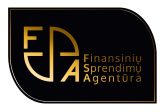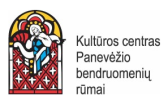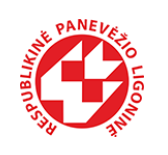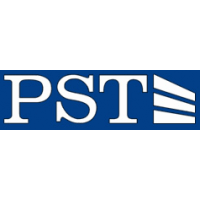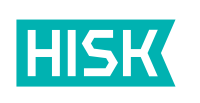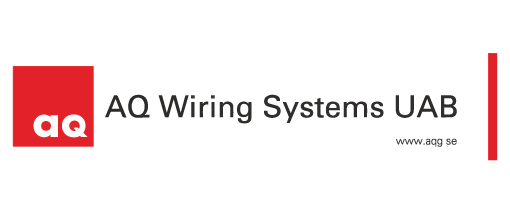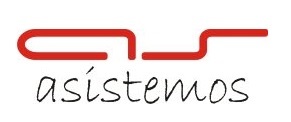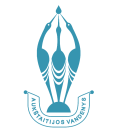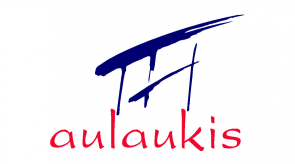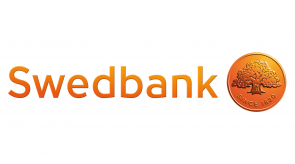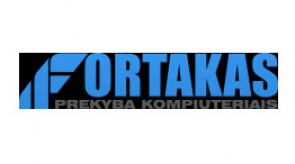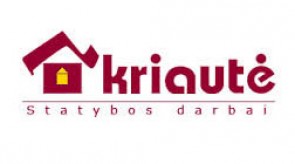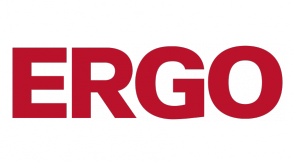Erasmus+
The Erasmus+ program was launched at a time when the in the EU out of work were almost 6 million people – in some countries youth unemployment has exceeded 50%. At the same time, there were more than 2 million vacancies and a third of employers said they found it difficult to find workers with the right skills. This shows that there are significant skill gaps in Europe. Erasmus+ solves these gaps by giving people the opportunity to study, train, gain work experience or volunteer abroad.
Supporting the improvement of teaching and learning methods, new curricula, the professional development of education staff and those working with young people and fostering greater cooperation between businesses and educational institutions the quality and relevance of European education, training, youth institutions and systems is increasing.
What is Erasmus+?
Erasmus+ is the new 2014-2020 European Union program for education, training, youth and sport. It replaces several previous EU programs covering all sectors of education: the Lifelong Learning Program (Erasmus for Higher Education, Leonardo da Vinci for Vocational Training, Comenius for School Education and Grundtvig for Adult Education), as well as Youth in Action and five transnational programs (Erasmus Mundus, Tempus, Alpha, Edulink and the Industrialized Countries Program). Erasmus+ also supports sporting activities (especially amateur activities).
What is Erasmus+? An excuse to party in a foreign country? Nope, Erasmus stands for European Community Action Scheme for the Mobility of Students. It’s a Higher Education exchange programme for students, teachers and institutions. Over two million students have done Erasmus since it first started in 1987. That’s a lot of mingling. Of course it isn’t all about socialising; Erasmus gives students the chance to study, do a work placement or work as a language assistant in another European country.
Erasmus+ aims to modernise education, training and youth work across Europe. It is open to education, training, youth and sport organisations across all sectors of lifelong learning, including school education, further and higher education, adult education and the youth sector. It offers exciting opportunities for UK participants to then study, work, volunteer, teach and train abroad in Europe.
Site: http://ec.europa.eu/programmes/erasmus-plus/
What are the key actions to be taken to achieve the objectives of the Erasmus + program?
Key Action 1 (KA1) – Learning Mobility – to promote the mobility of students, trainees, teachers and other educational staff, young people in youth exchanges, youth workers and volunteers.
Key Action 2 (KA2) – Cooperation for innovation and the sharing of good practice – building and improving partnerships between education, training and youth institutions and organizations.
Key Action 3 (KA3) – Supporting policy reforms – to support dialogue and gather the information needed to reform education, training and youth systems.
Which countries can participate in Erasmus+?
The program is open to all Member States of the European Union, candidate countries to the EU, countries of the European Free Trade Association (EFTA) which have signed the Agreement on the European Economic Area (EEA), the Swiss Confederation, provided that it has signed an international agreement; countries covered by the European Neighborhood Policy, subject to a bilateral agreement. All countries participating in the program are divided into two groups – Program Countries and Partner Countries.
Download our Erasmus+ Partners (updated 2024-03-06)
What is supported by Erasmus+?
The Erasmus+ program is aimed at students, teachers, trainees, volunteers, youth leaders, youth workers and amateur sports workers. It also supports partnerships between educational institutions, youth organizations, businesses, local and regional authorities and non-governmental organizations, as well as reforms in Member States to modernize education and training, promote innovation and entrepreneurship, and increase employability. IT platforms connecting schools and other training providers online, such as e-Twinning.
Is it possible to fill in the application in Lithuanian?
Yes, the application can be completed in both Lithuanian and English.
Link: https://erasmus-plus.ec.europa.eu/
| HEAD OF INTERNATIONAL RELATIONS, MARKETING AND PROJECTS DEPARTMENT Laima Mikalajūnienė Laisvės sq. 23, Panevėžys, LITHUANIA LT-35200 Tel. +370 45 433044 E-mail: laima.mikalajuniene@panko.lt |
COORDINATOR OF INTERNATIONAL RELATIONS Jovita Kaziukonytė-Levanienė Mob. +370 609 75114 E-mail: jovita.kaziukonyte@panko.lt inter@panko.lt |





